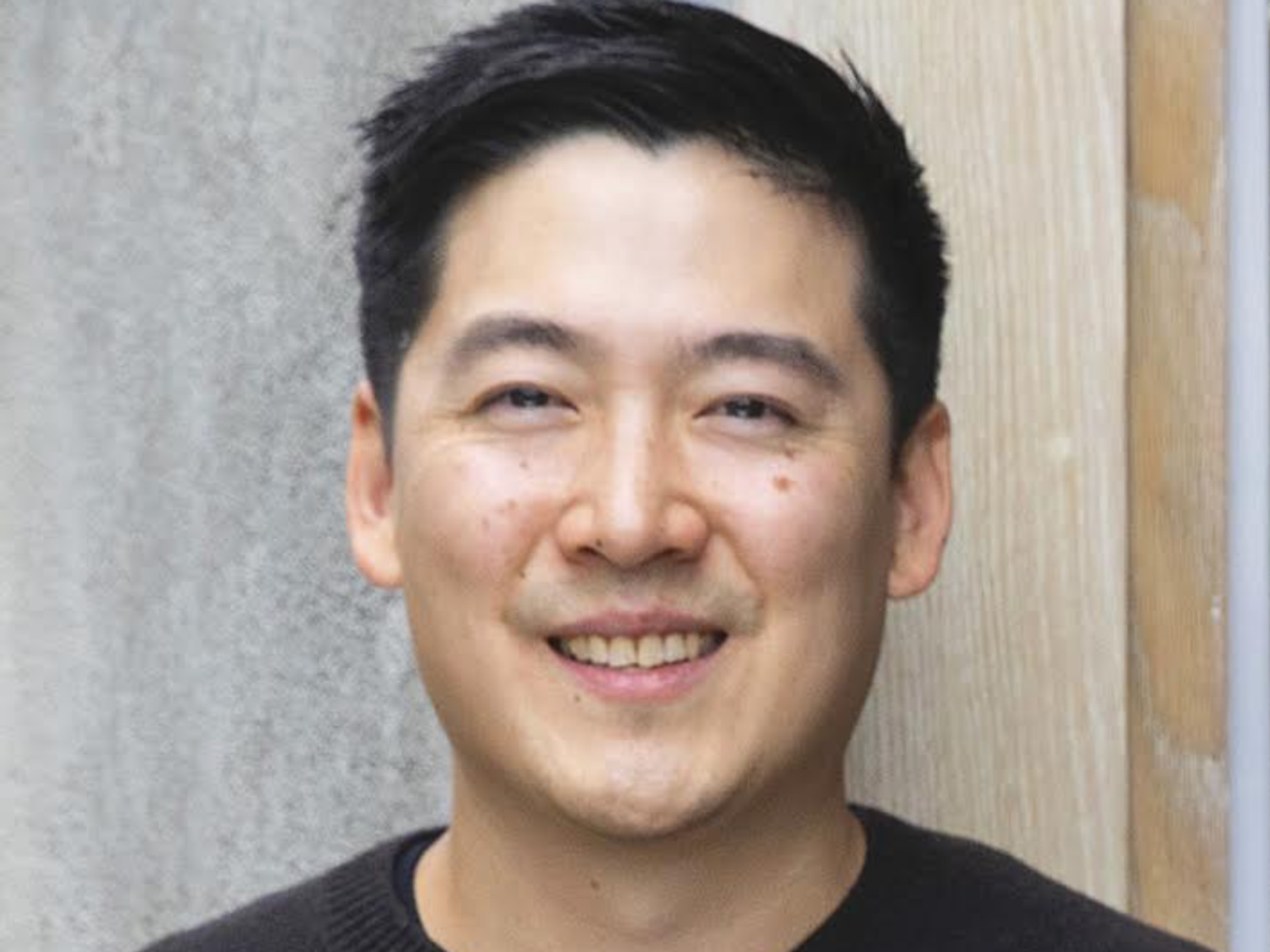Patron’s Jason Yeh Says The ‘Future of the Consumer Internet’ Will Look More Like a Game

On this episode of the LA Venture podcast, Patron co-founder and General Partner Jason Yeh discusses the technology driving internet innovation and a user-centered approach.
“At Patron we describe our thesis as the spectrum of play,” he said. “And so for us, it's kind of thinking about what the future of the consumer internet looks like. We believe that it's going to be more fun, social, interactive.”
As the former head of EU Sports at Riot Games, Yeh was in charge of shepherding the “League of Legends” game to players around the world. Much of his work and experience in that role influenced how he views interactive media and informs his investment decisions at Patron.
“This was just before Zynga had come out,” he explained. “And so it was still pretty counterintuitive to invest in a PC game, or to invest in this kind of idea of a free to play online game.”
Riot Games bet correctly, and their investment in a gaming format that could grow and evolve alongside its players challenged traditional ways of thinking about gaming marketing.
“It changed the course of how people build live services around games, and how you can use this business model to actually scale a really large business,” Yeh said.
But “League of Legends” wasn’t successful right away, and the Riot team worked hard to market their game to the correct audience. In addition to self-publishing the game in “almost every market around the world,” Yeh says he and his team paid close attention to the community of gamers.
“From very early on as a company, we focused on harnessing and being part of the community and using the community itself to help make the game more fun,” he said.
Yeh’s experience at Riot taught him the value of understanding your audience inside and out. Now, on the investment end of things at Patron, he is turning his sights to Web3.
“One thing that we've seen consistently is this idea that — similar to how we viewed gaming as a lens that can make the internet more social and fun — is this idea that Web3 and blockchain can be a technology that allows for a better version of the internet,” he said.
At Patron, Yeh believes in the importance of giving an audience more ownership and personalization in their online experience. He believes the shortcoming of many big media companies like Meta and YouTube is that they are becoming stagnant in improving user experiences and instead focusing their time and resources on advertising.
“If anything, it's like we've spent a lot of our best time and efforts to make advertising more targeted, or to see slightly more specific ads,” Yeh explained. “And so a lot of the core business model around the internet is still, how do I aggregate people's attention?”
Yeh believes that blockchain provides an alternative — a way for companies to get the biggest bang for their buck and users to get the most out of the products. For example, an avid Taylor Swift fan might spend hundreds of thousands of hours listening to the artist, but still, when a new album is released, their listening experience is the same as anyone else.
“One thing that we think blockchain enables is this idea that people can get more credit for the things that they do online, whether it's on chain or off chain,” Yeh continued. “This idea that there should be better ways to segment user bases, and kind of allow them to accrue value for the things that they've already done online to give them a slightly better or more personalized experience.”
In the years to come, Yeh thinks blockchain will continue challenging traditional forms of media to adapt to a more user-centered model.
“I think the most effective companies in the future are going to be the ones that focus not just on like Web3, Web2, but they focus on the internet as a whole.”
dot.LA Social and Engagement Editor Andria Moore contributed to this post.
Click the link above to hear the full episode, and subscribe to LA Venture on Apple Podcasts, Stitcher, Spotify or wherever you get your podcasts.
This podcast is produced by L.A. Venture. The views and opinions expressed in the show are those of the speakers and do not necessarily reflect those of dot.LA or its newsroom.
- Riot Games Breaks Up Exclusive Deal With PlayVS For High School ‘League of Legends’ Tournaments ›
- This LA Startup is Using NFTs to Create The Season Ticket Holder Experience for Restaurant Patrons ›
- #Boycotttwitch Trends On Twitter After A Streamer Broke Her Back At TwitchCon ›



 Image Source: Revel
Image Source: Revel
